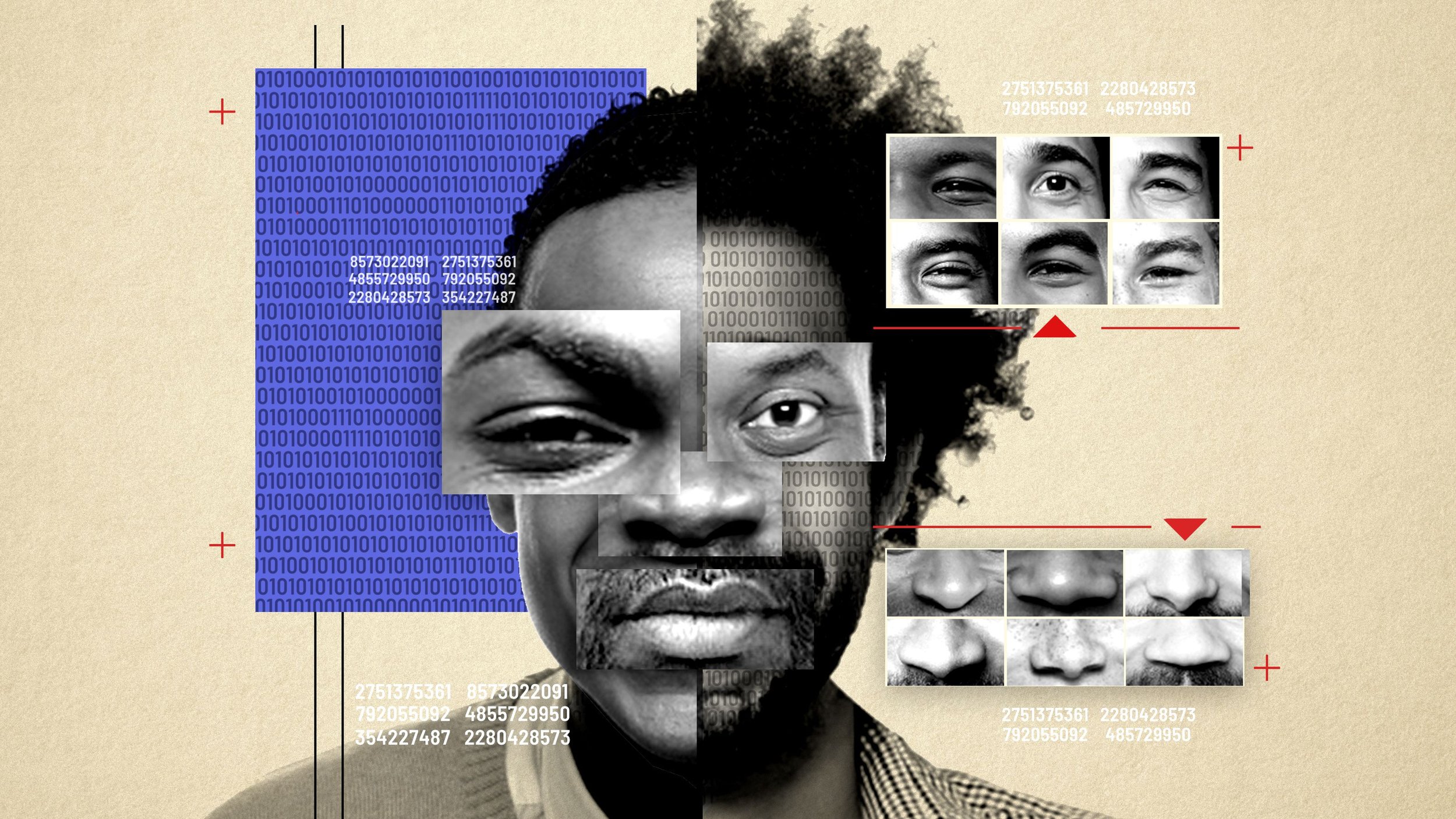By Jessica M. Eaglin
There is widespread recognition that algorithms in criminal law’s administration can impose negative racial and social effects. Scholars tend to offer two ways to address this concern through law—tinkering around the tools or abolishing the tools through law and policy. This Article contends that these paradigmatic interventions, though they may center racial disparities, legitimate the way race functions to structure society through the intersection of technology and law. In adopting a theoretical lens centered on racism and the law, it reveals deeply embedded social assumptions about race that propel algorithms as criminal legal reform in response to mass incarceration. It further explains how these same assumptions normalize the socially and historically contingent process of producing race and racial hierarchy in society through law. Normatively, this Article rejects the notion that tinkering around or facilitating the abolition of algorithms present the only viable solutions in law. Rather, it calls upon legal scholars to consider directly how to use the law to challenge the production of racial hierarchy at the intersection of technology and society. This Article proposes shifting the legal discourse on algorithms as criminal legal reform to critically center racism as an important step in this larger project moving forward.
United States, California Law Review. 2023, 47pg


